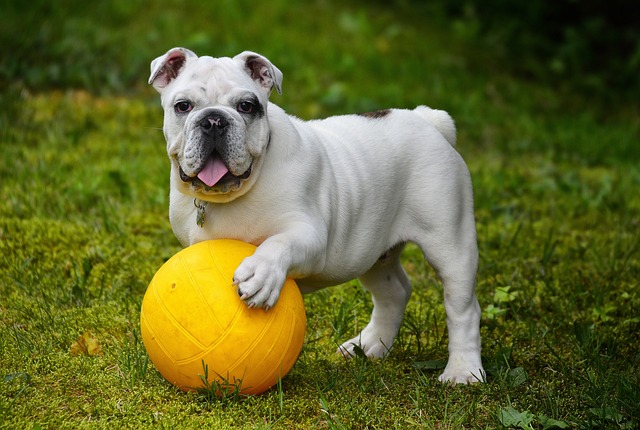
How can I tell if my dog's heatstroke is serious
Let’s be real: It’s a sticky August morning in Los Angeles, and you took your 2-year-old Golden Retriever, Max, for a walk a little later than usual
Watching your best friend struggle to stand up or lag behind on their usual walking route prompts a search for natural solutions. While severe arthritis requires veterinary intervention, several natural strategies can significantly support joint health, reduce inflammation, and keep your dog moving comfortably. The most effective approach is a holistic one that combines targeted nutrition, smart exercise, and weight management, all under the guidance of your veterinarian.
The cornerstone of natural joint support is through diet and supplementation. The two most powerful natural ingredients are Omega-3 fatty acids and compounds like glucosamine and chondroitin. Omega-3s, particularly from sources like green-lipped mussels, sardines, or krill oil, are potent natural anti-inflammatories that help reduce joint stiffness and pain. Glucosamine and chondroitin are the building blocks of cartilage and joint fluid. While they can be found in chicken feet, beef trachea, and bone broth, it's often difficult to provide a therapeutic dose through food alone, so a high-quality veterinary-approved supplement is usually recommended. However, the single most impactful thing you can do is help your dog maintain a lean body weight. Every extra pound puts significant stress on joints, so feeding a balanced, portion-controlled diet is non-negotiable. Your vet can help you determine your dog’s ideal weight and caloric needs.

Integrating these natural aids into your routine is straightforward. You can add a spoonful of canned sardines (in water, no salt added) to their meal or offer a dehydrated chicken foot as a chewy, joint-supporting treat. Use these healthy additions as part of your positive reinforcement training routine. Reward your dog for calm behaviors like sitting patiently before going outside or for walking nicely on a leash. This not only reinforces good manners but also helps manage their weight by using functional calories—a crucial tactic for dogs in apartments with limited space for high-energy exercise. Low-impact activities like short, frequent walks or gentle swimming are also excellent for keeping joints mobile without causing stress.
This proactive care for your dog’s mobility is a key aspect of responsible dog ownership. A comfortable dog is more predictable and happier on walks, which is essential for adhering to community standards. This brings us to your non-negotiable civic duties: always carrying waste bags and cleaning up immediately after your dog in any public space. This is a legal requirement in most U.S. cities and a fundamental sign of respect for your neighbors. Furthermore, ensuring your dog’s rabies vaccination and other core vaccines are up-to-date is a legal mandate for their safety and public health during all outings. If your dog is slow or hesitant on a walk, respond with patience and encouragement. Using positive support instead of frustration or force aligns with modern animal welfare ethics and strengthens your bond. By combining these natural supportive strategies with responsible ownership, you’re not just easing their discomfort—you’re actively promoting their long-term well-being.

Let’s be real: It’s a sticky August morning in Los Angeles, and you took your 2-year-old Golden Retriever, Max, for a walk a little later than usual

You're enjoying a summer afternoon at the park when you notice your dog has stopped panting and appears disoriented - their gums are bright red

Let’s paint the picture: You’re in your Denver apartment, watching your 4-year-old Boston Terrier, Ruby, plop down mid-play session with her favorite toy

Many dog owners notice their pets nails seem shorter after regular walks,but how much does this daily activity actually help?The answer depends on where you walk—concrete sidewalks or asphalt streets gently file nails as a dog's paws hit the ground

Most dog owners notice their pup scooting across the carpet at some point, but few connect it to impacted anal glands. These small sacs near a dog’s rectum secrete a scent for marking territory

Most vets agree that regular dog teeth cleaning is key to avoiding painful dental issues later. For healthy adult dogs, a professional cleaning at the vet’s office every 12 to 18 months usually works well.